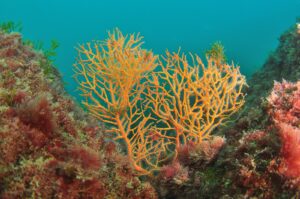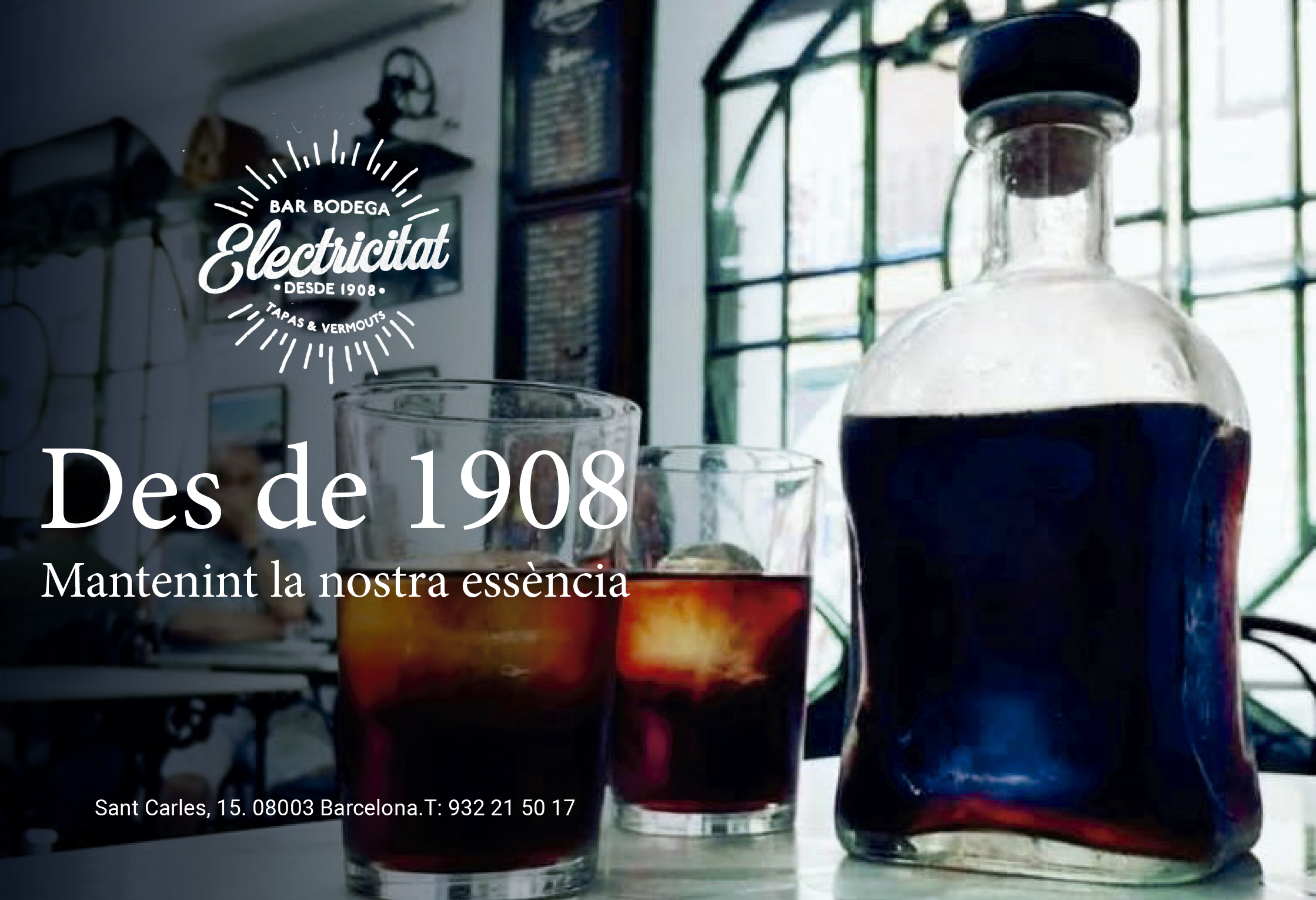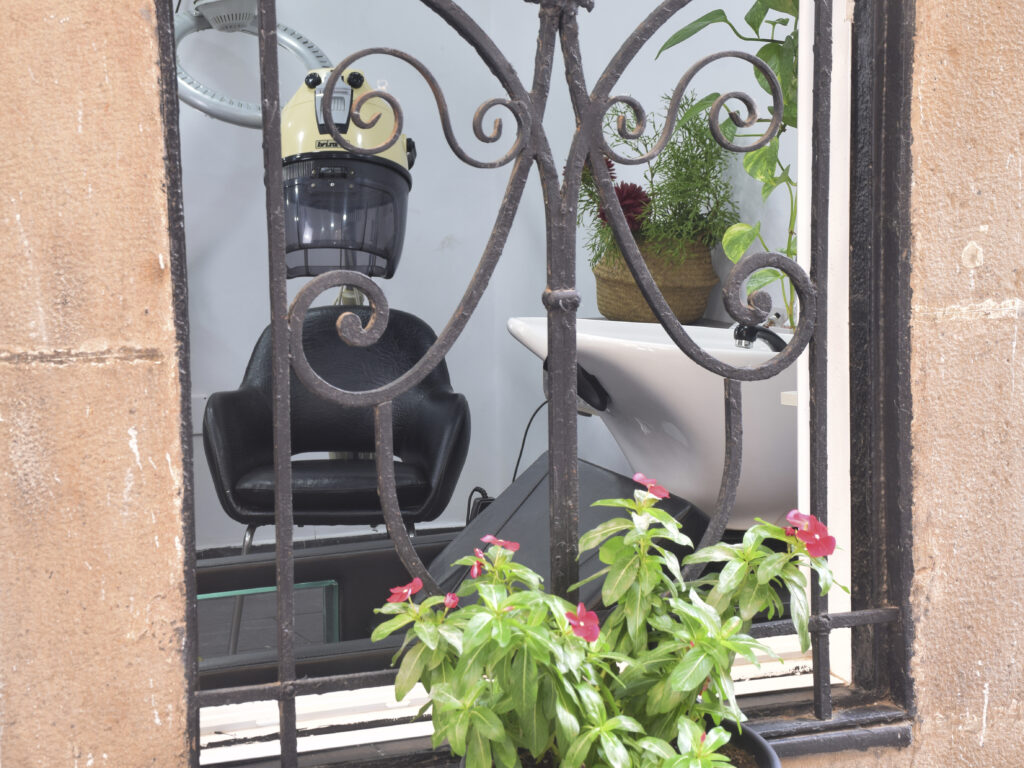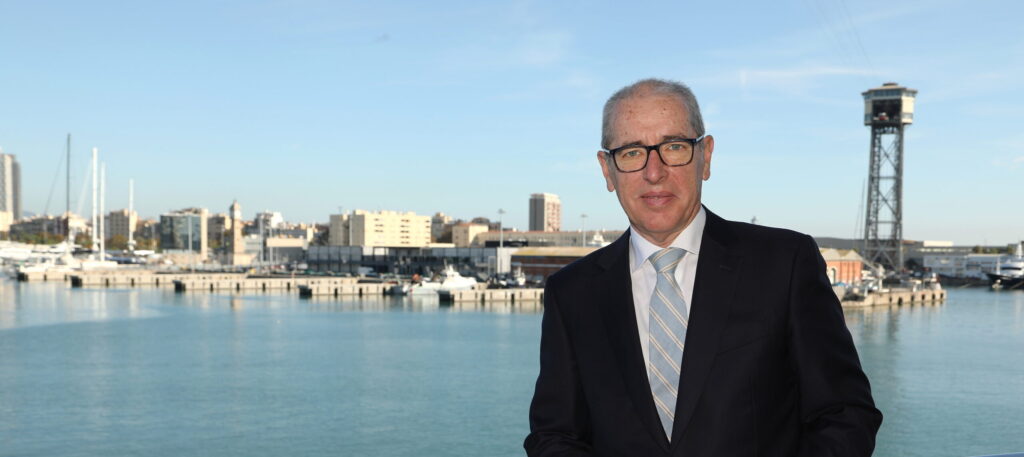In 2020 a gorgonian forest was discovered at a depth of 19 metres next to the entrance to the Port of Barcelona. Today Barcelona has become the first maritime city in the Mediterranean to carry out a study and active restoration of its seabed with gorgonians, endangered and vulnerable animal species known for their importance as habitat providers for other species.
Gorgonia Barcelona Project
The Catalan capital is a pioneer in this task thanks to the “Gorgonia Barcelona” project, an initiative that emerged with the European Union’s ResBios programme and is being developed and promoted by Belong tono Sea, a company that is responsible for bringing the project to companies and the administration to encourage their active involvement in the preservation of marine biodiversity, together with scientists from the Instituto de Ciencias de la Mar-Consejo Superior de Investigación Científica (ICM-CSIC) and the Federación Catalana de Actividades Subacuáticas (FE CDAS), and the support of local companies, including MB92 Barcelona.
The project uses restoration techniques based on transplantation. The “Gorgonia Barcelona” project consists of three phases:
– First phase: planned monthly dives to 19 meters deep, involving Belong tono Sea, l’ICM-CSIC and divers from FE CDAS.
– Second phase: focused on the maintenance and recovery of the gorgonians in experimental aquaria of the ‘ICM.
– Third phase: dedicated to the transport and return of the gorgonian colonies to the sea, followed by the monitoring of the recovered and transplanted colonies to evaluate their survival and growth.
What are gorgonians?
 “Although they resemble plants, like coral, gorgonians are animals, and their job is to create structure. They are essential for improving the conservation of the seabed and play a role similar to that of trees, acting as a natural habitat or refuge for other species in their environment,” says Josep Maria Gili, a professor at the CSIC who works at the ICM.
“Although they resemble plants, like coral, gorgonians are animals, and their job is to create structure. They are essential for improving the conservation of the seabed and play a role similar to that of trees, acting as a natural habitat or refuge for other species in their environment,” says Josep Maria Gili, a professor at the CSIC who works at the ICM.










